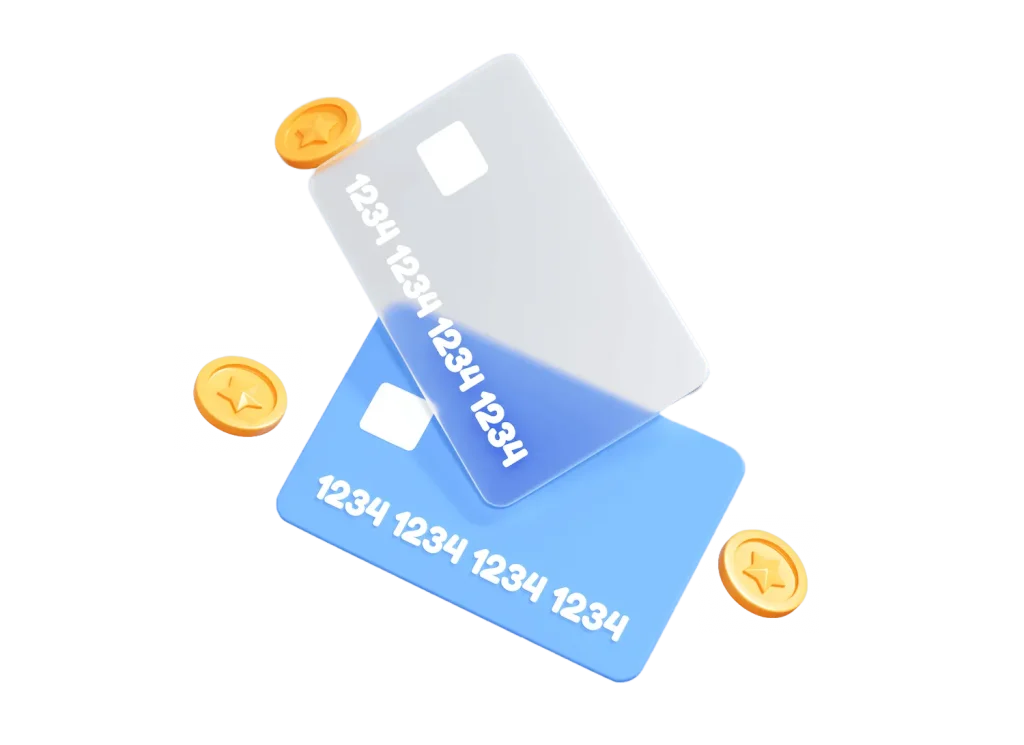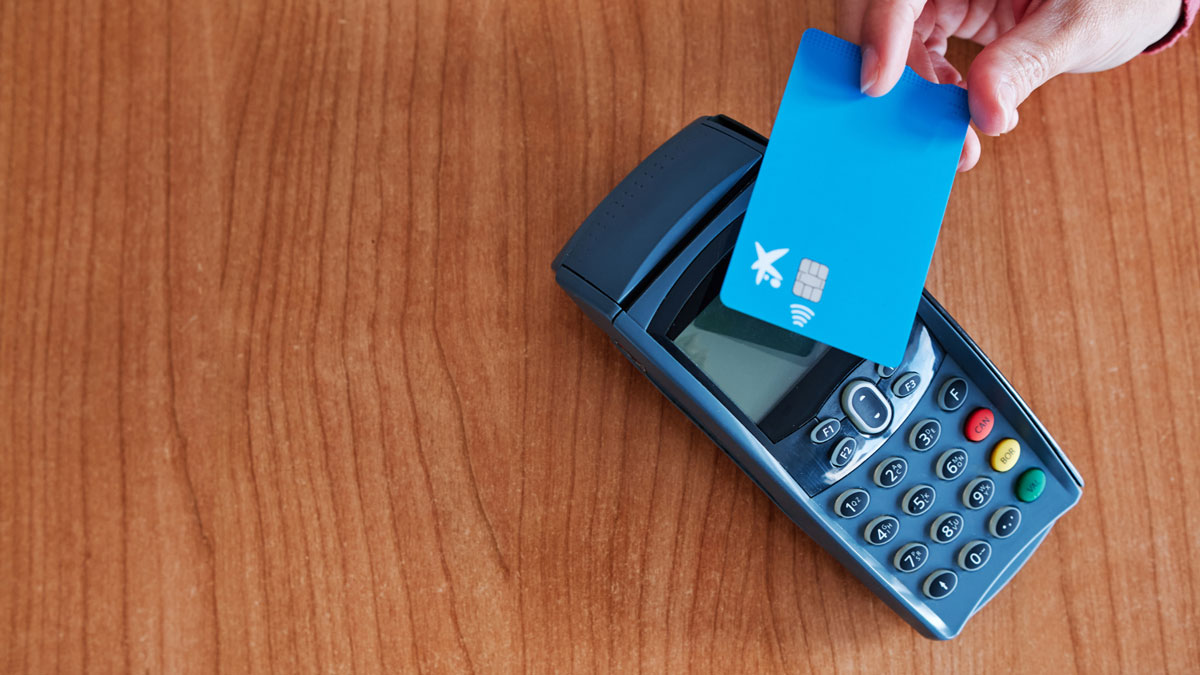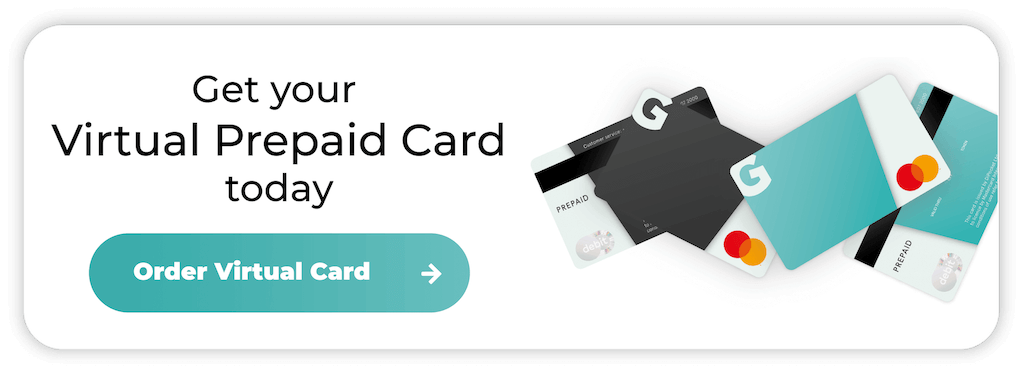
It’s one of the most annoying things that can happen: you go to make an online transaction or withdraw cash from the ATM, only to find that your debit card is declined. In most cases, it’s because your account has insufficient funds—but what if there is money?
In this post, we’ll break down common reasons why your card may be declined and what you can do about it. Let’s get straight to it.

Reason 1: Pending transactions
Have you made any transactions recently? Pending transactions often trip people up because their account displays funds, but that doesn’t mean they’re available. Most people expect payments to leave their account right away, but that’s not always how it works.
Pending transactions are when you authorise a payment, but the merchant hasn’t yet processed the money. For example, if your account balance shows £100, but you’ve made a £50 purchase that’s still pending, your available balance is actually only £50.
So, if you attempt to make a purchase for £60, your card could be declined, even though your balance seems higher.
Reason 2. Transaction restrictions
Most banks have a daily purchase limit and will decline your transactions if you hit it. Even if you don’t have insufficient funds, the bank will decline your transactions due to:
- Daily Spending Limits: Most financial institutions cap how much you can spend using your debit card each day. Once you reach those daily purchase limits, you’ll need to wait until the next day.
- ATM Withdrawal Limits: Similarly, there are daily limits for withdrawing cash from ATMs, and once you reach that cap, they’ll deny your requests.
- International Transaction Limits: If you’re abroad, some banks impose additional limits on transactions made outside the UK. The best way to avoid these fees is with an international travel card. These cards offer security, flexibility and usually have lower transaction fees.
- MCC Restrictions: Restrictions can be based on Merchant Category Codes (MCC) for things like adult content, alcohol, or gambling. Merchants may also block certain BIN ranges through their payment processors for a variety of reasons.
It’s always a good idea to check with your bank to fully understand any international limits on your debit card. Most will let you adjust these limits through your banking app, and there’s always the option to upgrade your card for higher spending limits.
Reason 3. Technical issues
Banks and merchants aren’t immune to technical glitches, but they can cause massive disruptions for customers. If you have funds and everything seems fine with your account, it’s probably a fault with the payment system.
Unfortunately, when this happens, there’s not much you can do in the moment other than try a different payment method or wait until the issue is resolved. It’s also good to check with your bank to see if they’re experiencing any system-wide problems.
Reason 4. Incorrect card information
Do you check your card details before making transactions? It’s so easy to mix up the expiration date or CVV, so double-check your information and take time to understand your debit card number before making transactions.
Have you changed addresses recently? You might need to update your banking details to make transactions. Storing your card details securely on your device helps to avoid manual entry mistakes in the future.
Reason 5. Fraud prevention measures
Banks use advanced fraud detection systems that automatically flag suspicious transactions. If they suspect fraudulent activity, the bank will temporarily block your card, and you’ll receive a call or text to confirm the transaction.
Ignoring or missing these alerts usually means the bank will permanently block your card. You can avoid this by staying on top of your recent transactions and monitoring your account for notifications.
If the card is denied due to suspected fraud, you’ll need to call the bank, go through security checks and have the card unfrozen.
Reason 6. The debit card has expired
Debit cards have an expiration date, usually printed on the front. Once that date passes, the card becomes inactive, and you won’t be able to make transactions.
In most cases, your bank will automatically send a new card before the expiration date, so you won’t need to worry. If you’ve recently moved and haven’t given the bank your new address, you might miss the replacement card.
Always keep track of your card’s expiration date to ensure it’s still valid. If your card expires and you haven’t received a new one, ask your bank for a replacement.
Reason 7. The card’s damaged
Even a small amount of damage to your debit card’s magnetic strip or chip can make it unreadable for ATMs and payment terminals. All debit cards experience wear and tear; if the reader can’t understand your details, the transaction will be declined.
If you notice your card looks worse for wear, contact your bank to request a new one. Most apps let you order a replacement card through the app instead of waiting in a phone queue.
Reason 8. Insufficient verification
When you open a bank account in the UK or EU, your bank verifies your identity by checking personal details, such as your name, ID, address, and proof of income.
If there’s any issue with this process—such as missing information or a change in details—the bank could restrict your account.
Keep your account information up to date, and be sure to notify your bank of any changes.
Reason 9: Incorrect PIN or card misuse
Managing multiple accounts is no easy feat, so it’s understandable when you mix your PIN numbers up. After a few incorrect attempts, the bank will block your card as a security measure, which means you can’t access the account.
Memorising or storing your pin securely (for your eyes only) can prevent this issue.
How to avoid debit card denial when you have available funds
Understanding how to manage your bank account means you can make transactions and not deal with any headaches. Here are our top tips to avoid debit card denials:
Monitor your account balance
Stay on top of your spending and keep an eye on your account. Always check pending transactions and transfer money between accounts to make sure there are always sufficient funds.
Know your limits
Every bank sets account limits, including withdrawal and spending restrictions. Always check these limits and think about upgrading your card or switching accounts.
Be vigilant
Debit card fraud is an ongoing threat, and nobody’s immune to it. Make a habit of checking your account for suspicious activity and monitor your transactions. If you notice any problems, contact the bank immediately.
Budget wisely
Use technology to your advantage by leveraging prepaid virtual cards and consider using budgeting apps to help with money management. Virtual cards don’t link to your bank account, which safeguards your personal information.
The bottom line
Seeing the “debit card declined” message can be inconvenient and even a bit embarrassing, but understanding the potential causes can help you fix the issue and avoid future problems.
Whether it’s a technical glitch, not having enough money in your account, or suspicious activity, most of these issues are avoidable. Contacting your bank’s customer service team can pinpoint and resolve the issue.
For flexible (and headache-free) spending, applying for a Getsby Virtual Green Card is a convenient way to manage your spending. Just load it with funds, and you’re good to go.
Order your Virtual Cards online
Apply for a digital prepaid card online and receive the activation code via email within 2 minutes.



